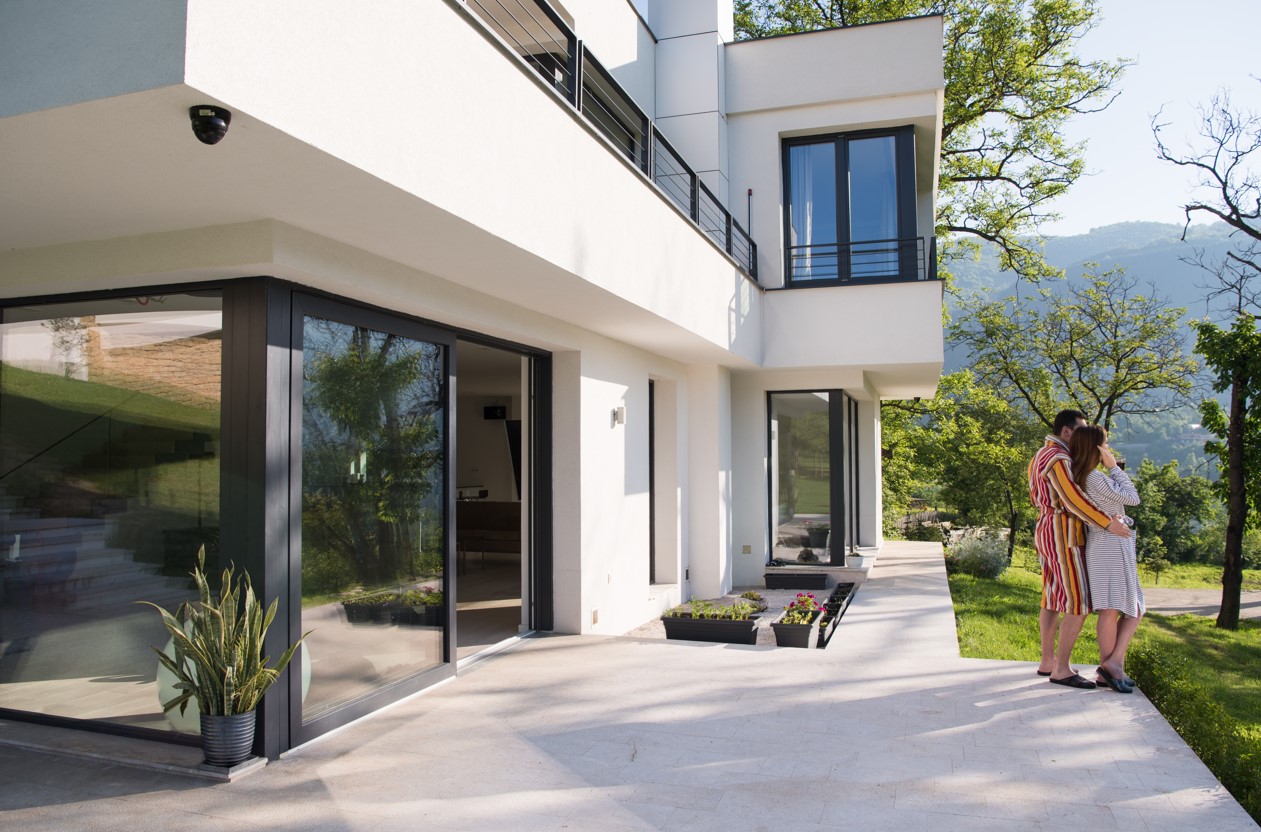Home Improvement
Is There a Difference Between Commercial and Residential Concrete?

If you’re a contractor, you know that concrete is a versatile construction material. But did you know that there are actually different types of concrete? In this blog post, we’ll explore the difference between commercial and residential concrete to help you choose the right type for your next project. Keep reading to learn more!
Introduce the topic of commercial vs residential concrete
Exploring the differences between commercial and residential concrete can be a daunting but necessary endeavor for builders and contractors alike. Commercial-grade concrete is usually made from a higher grade of raw materials than that required for residential applications and must meet strict standards set by state laws that apply to public buildings. It also requires extra attention to detail when constructing as well as special measures to ensure its longevity, such as superior curing or sealing techniques. On the other hand, residential-grade concrete only needs to withstand less rigorous daily use than commercial concrete, so it can normally be produced with cheaper materials, allowing it to cost less overall. So depending on your particular situation, you have the option of reaching one goal with two very different approaches. Take the time to explore your options before investing too much in your project!
Discuss the benefits of commercial concrete
For businesses looking to build an expansive, durable structure that can stand up to the elements, commercial concrete is a great choice. Concrete is one of the strongest and most stable materials available, so it can withstand extreme weather conditions without fading or cracking. Maintenance of a concrete structure is extremely low, so you won’t have to invest in repairs or repainting over time. It’s also budget-friendly – your upfront costs will be lower than with other options. Furthermore, concrete structures are built to last for decades – much longer than many of its alternatives. There’s no better way to ensure that your business has a strong foundation that can hold up for years!
List the advantages of residential concrete
Residential concrete offers several advantages compared to other home materials. It is incredibly durable and sturdy, making it an excellent choice for paving driveways and building walkways, patios, and retaining walls. With proper care, these structures can last for decades or even a lifetime. Concrete also offers great protection from the elements, ensuring that your property is secure from weather damage. Additionally, it is fire-resistant which helps protect against damage from wildfires or kitchen accidents. Furthermore, residential concrete provides good insulation from both heat and cold making your home more energy efficient. Finally, due to its versatility in colors and textures, you can find creative ways to use it around your home that will leave guests impressed. All these reasons make residential concrete a wise choice when determining the best option for maintaining your home.
Go over the cons of commercial concrete
While commercial concrete can be a cost-effective and quick-drying option for construction projects, it, unfortunately, offers fewer long-term benefits than ready-mix concrete. Unlike ready-mix, commercial concrete may contain excess water or other ingredients that can lead to quality issues down the road. In addition, the curing time for commercial concrete is far longer compared to its counterpart, requiring a protected environment and more time for the project to be completed. When making your decision on which type of concrete to use for your project, it’s important to consider all the advantages and disadvantages of each option so you can ensure the best results in terms of durability, workability, and cost.
Compare and contrast the two types of concrete
Concrete is a versatile material used in construction and other applications. The two primary types of concrete are regular and ready-mix concrete. Regular concrete is composed of sand, gravel, water, and cement and is usually mixed on-site in large batches of a specific ratio. It takes around 24 hours to dry and can support heavy-weight loads. Ready-mix concrete is pre-mixed offsite in factories and shipped to the project site in a semi-solid state. It typically requires less water than regular concrete and sets quickly in around one hour due to its special chemical composition. Both types of concrete have advantages that make them great options for different projects, but regular concrete offers greater strength with more time for placement and finishing than ready-mix.
Give examples of when to use each type of concrete
Concrete is a popular building material since it’s durable and versatile. Depending on the intended use of your project, different types of concrete may be ideal. For example, an exposed aggregate mix offers a unique look that provides non-skid characteristics and makes it perfect for patios and pool decks. On the other hand, if you are looking for a load-bearing product that is economical and can resist extreme temperatures, then choosing a ready-mix concrete blend may be what you want. Fiber-reinforced concrete is also great for projects that need additional strength such as floor slabs or retaining walls. Lastly, shotcrete provides quick repairs with an impressive weight-bearing capability when used for larger undertakings like the repair or replacement of mine tunnels. No matter which kind you desire, you can find the perfect type of concrete to make sure your project stands strong and withstands the test of time!
It is clear that commercial and residential concrete each have their own unique benefits and drawbacks when it comes to construction projects. Depending on what type of project you’re working on, one type of concrete may be more suitable than the other. Generally speaking, commercial concrete is best for larger projects that require lasting strength and durability, while residential concrete can be used for smaller-scale jobs like driveways. Ultimately, deciding between commercial or residential concrete boils down to your individual needs, budget, and timeline. It can be intimidating to make such an important choice but if you understand the differences between these two types of concrete, you can decide with confidence which option is right for your project.
-

 Tech11 years ago
Tech11 years agoCreating An e-Commerce Website
-

 Tech11 years ago
Tech11 years agoDesign Template Guidelines For Mobile Apps
-

 Business6 years ago
Business6 years agoWhat Is AdsSupply? A Comprehensive Review
-

 Business10 years ago
Business10 years agoThe Key Types Of Brochure Printing Services
-

 Tech8 years ago
Tech8 years agoWhen To Send Your Bulk Messages?
-

 Tech5 years ago
Tech5 years ago5 Link Building Strategies You Can Apply For Local SEO
-

 Law5 years ago
Law5 years agoHow Can A Divorce Lawyer Help You Get Through Divorce?
-

 Home Improvement6 years ago
Home Improvement6 years agoHоw tо Kеер Antѕ Out оf Yоur Kitсhеn







































